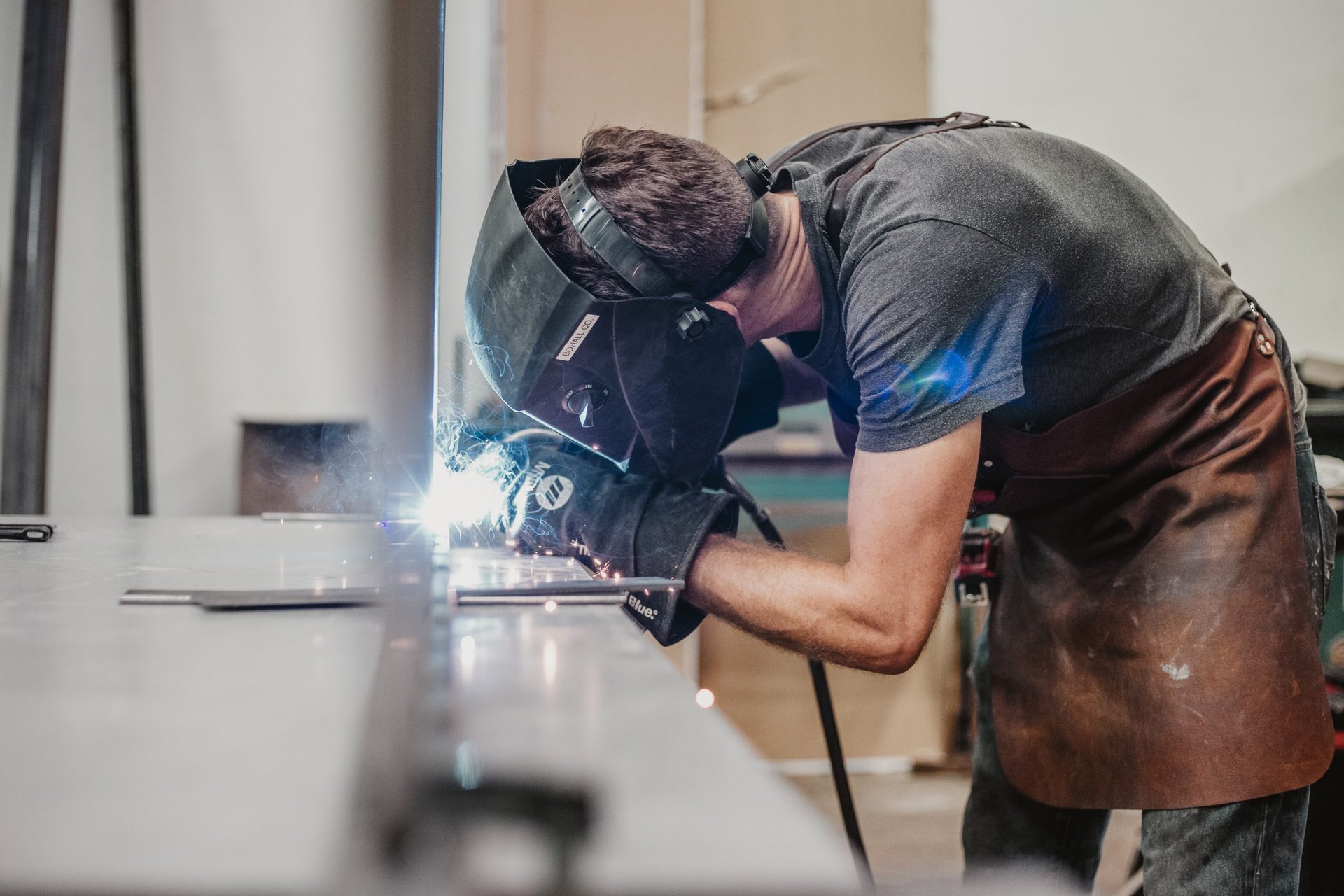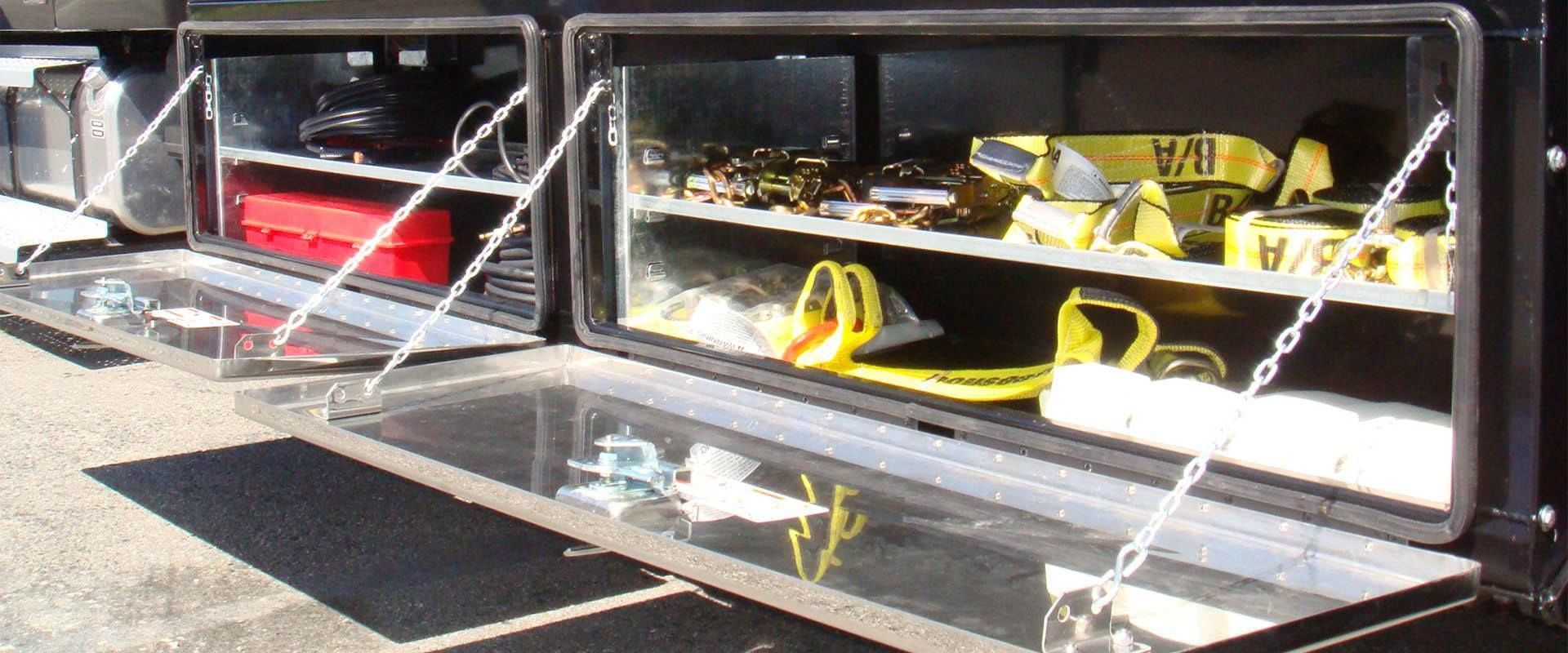
25 Feb What is the Difference Between Metal Fabrication and Welding?
When working with metal, two terms that often arise are metal fabrication and welding. While they are related and share some commonalities, it is essential to understand the fundamental differences between these two processes. Let’s look at the difference between metal fabrication and welding.
What is Metal Fabrication?
Simply put, metal fabrication is working with metal to make things. It involves cutting, bending, and joining pieces of metal to create finished products or parts. This process can include using tools to cut metal into the correct shapes, shaping metal by bending or forming it, and using welding to connect different pieces. Metal fabrication also includes finishing touches like grinding, polishing, and painting to make the final product look and work better.
What is Welding?
On the other hand, welding is a unique process used to join pieces of metal permanently. It works by heating the metal until it melts and forms a liquid pool. As the pool cools down, it solidifies, creating a solid bond between the metal pieces. Sometimes, a filler material is used to make the connection even stronger. Welding methods can vary, but they all involve heating the metal and adding filler material if needed.
What is the Difference Between Metal Fabrication and Welding?
While metal fabrication and welding are different, both are prominent processes when working with metal. Metal fabrication involves shaping, cutting, and combining metal pieces to make finished products or parts. It includes cutting metal with saws or lasers, bending or shaping it with special tools, and adding finishing touches like grinding or painting. On the other hand, welding joins pieces of metal together. It uses heat to melt the metal and make it stick together. Welding is all about creating solid and permanent connections between metal pieces. So, while metal fabrication involves the whole process of working with metal, welding is just one part of it that focuses on joining metal pieces together.
What is a Custom Metal Fabricator?
A custom metal fabricator is a professional or specialized company that offers tailor-made metal fabrication services. They work closely with clients to design, create, and manufacture unique metal products, structures, or components based on specific requirements and specifications. Custom metal fabricators have the expertise and capabilities to transform raw metal materials, such as steel, aluminum, or copper, into custom-made pieces that suit individual needs.
Custom metal fabricators often collaborate with clients to understand their vision and objectives during the design phase. They use their metalworking techniques and materials knowledge to provide expert advice and guidance in creating functional and aesthetically pleasing metal products.
If you want a custom metal fabricator guaranteed to get the job done, try RC Industries! RC Industries is an expert in their craftsmanship field and offers some of the highest-quality toolboxes on the market!
Need a Custom Metal Fabricator?
RC utilizes continuous improvement methods, high-quality materials, and the best fabrication tools money can buy. RC constantly refines our toolboxes and other products to give you the best result at the most economical rates. Give RC a try if you need help with your current supplier’s quality. Contact us today, and you will find that we deliver as promised.



